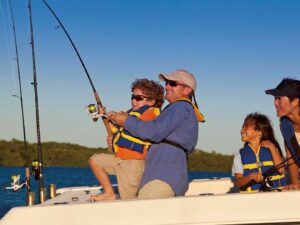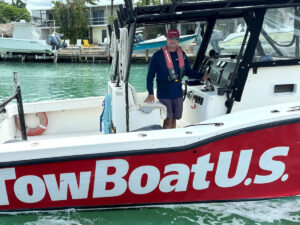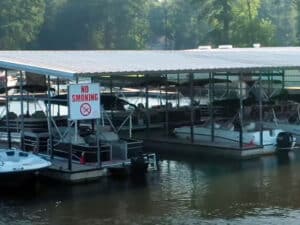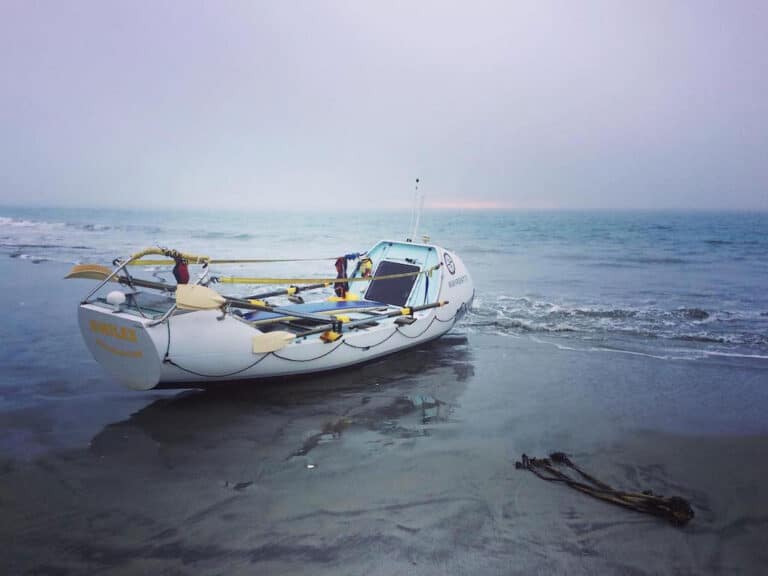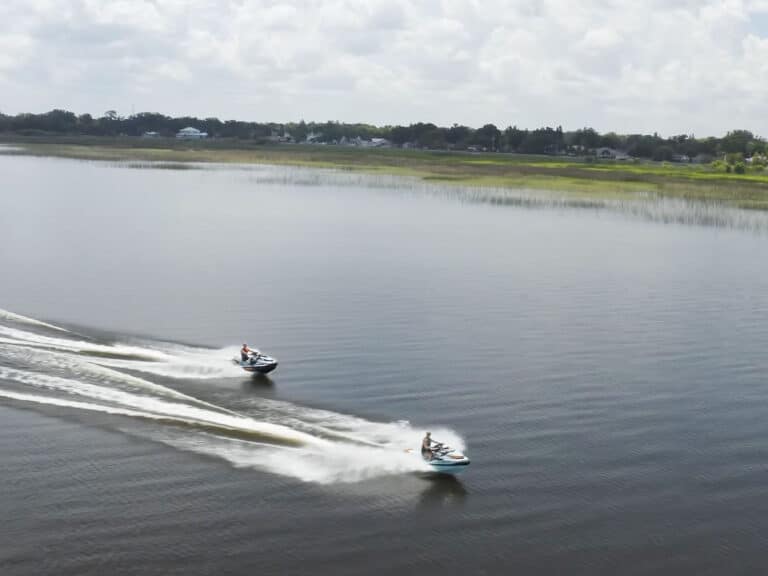
Safety at sea ranks as a hot topic for me. I’ve written several times about proper gear, including emergency beacons and flotation devices. I can’t help but prefer the odds when I know I’m prepared; then I can relax and enjoy the fishing.
In the past, I’ve felt better prepared on my home waters, where I fish from my own boat and speak the language. When I travel, that’s another ballgame.
On a trip last week to Costa Rica, I finally decided to test the information I’d heard about flying to remote locations with a personal locator beacon (PLB). Chris Wahler, product line manager for ACR Electronics had told me I could carry my ResQLink+ aboard commercial flights. For my Costa Rica trip, I’d have two American Airlines flights and a puddle-jump aboard a Nature Air prop plane each way.
I visited the Transportation Security Administration website and searched for prohibited items; then visited the American Airlines site as well. I couldn’t find reference to PLBs even using site searches.
I decided to put the small PLB into a pocket of my backpack rather than stow it in a checked bag. The process couldn’t have gone smoother. My backpack rolled right through multiple searches, including a thorough review by Costa Rican airport authorities before boarding my return flight. No questions asked. No problems arose.
Mind you: I never assume that all security personnel react the same in every situation. But I was happy this was a no-hassle experience.
Once on the water in southwestern Costa Rica (Crocodile Bay Lodge, Puerto Jimenez), I fastened my ResQLink+ to my belt and headed offshore with assorted fishing writers and folks from Penn Reels.
Oh yes, and we did catch some 25- to 65-pound yellowfin tuna running-and-gunning with the spinner dolphins. Stay tuned for more coverage of that.
* * * * *
The U.S. Coast Guard is asking all boat owners and operators to help reduce fatalities, injuries, property damage, and associated healthcare costs related to recreational boating accidents by taking personal responsibility for their own safety and the safety of their passengers. Essential steps include: wearing a life jacket at all times and requiring passengers to do the same; never boating under the influence (BUI); successfully completing a boating safety course; and getting a Vessel Safety Check (VSC) annually from local U.S. Coast Guard Auxiliary, United States Power Squadrons(r), or your state boating agency’s Vessel Examiners. The U.S. Coast Guard reminds all boaters to “Boat Responsibly!” For more tips on boating safety, visit www.uscgboating.org.

